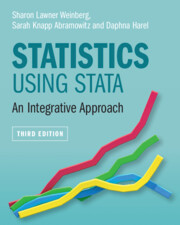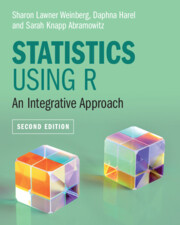Background: The study aim was to conduct a systematic review of the evidence from randomized, placebo controlled trials related to the efficacy of donepezil, rivastigmine and galantamine in the treatment of behavioral and psychological symptoms of Alzheimer's disease.
Methods: Electronic database searches of MEDLINE, EMBASE and the Cochrane Central Register of Controlled Trials were carried out using multiple search terms. Articles included were original publications of randomized, placebo-controlled trials of monotherapy of donepezil, rivastigmine or galantamine that reported a behavioral outcome measure.
Results: 14 studies were identified that matched inclusion criteria. Nine were of donepezil, three of galantamine and two of rivastigmine. Median study treatment length was 24 weeks (range 12–170). Most studies used the Neuropsychiatric Inventory as a behavioral outcome measure although three used specific scales for either agitation or apathy. Four studies were specifically designed to assess behavioral outcomes whilst in the majority of studies behavioral outcomes were only secondary measures. Three studies found statistically significant, albeit modest, differences in the change of NPI total score between drug and placebo. The interpretation of the results of many studies is limited by methodological considerations, including generally low NPI scores at baseline and the investigation of behavioral and psychological symptoms of dementia (BPSD) as secondary outcomes.
Conclusions: The evidence base regarding the efficacy of cholinesterase inhibitors in BPSD is limited, in part due to methodological considerations. In the absence of alternative safe and effective management options, the use of cholinesterase inhibitors is an appropriate pharmacological strategy for the management of BPSD in Alzheimer's disease.


